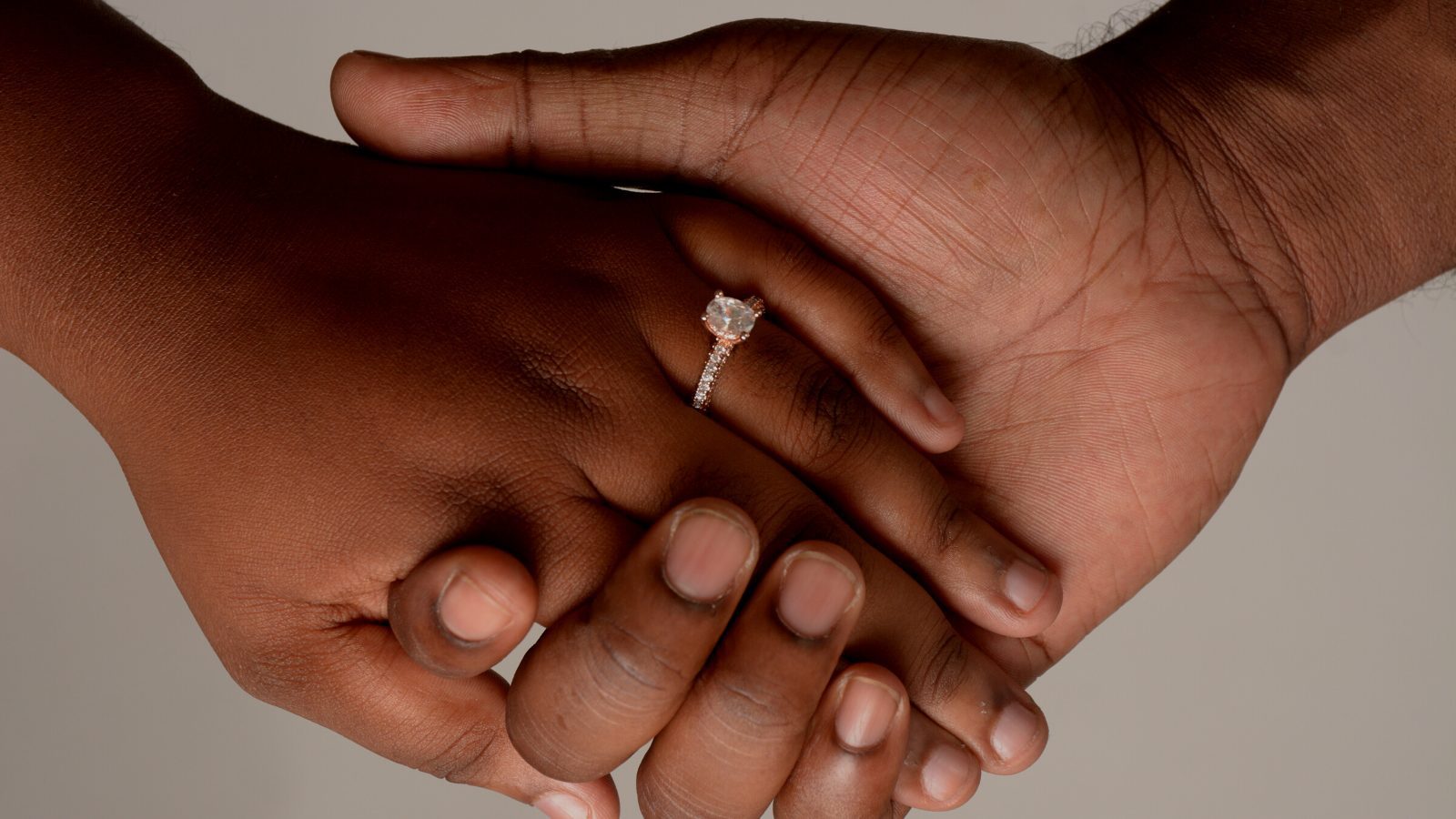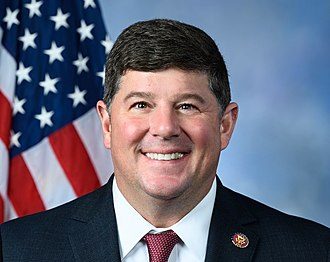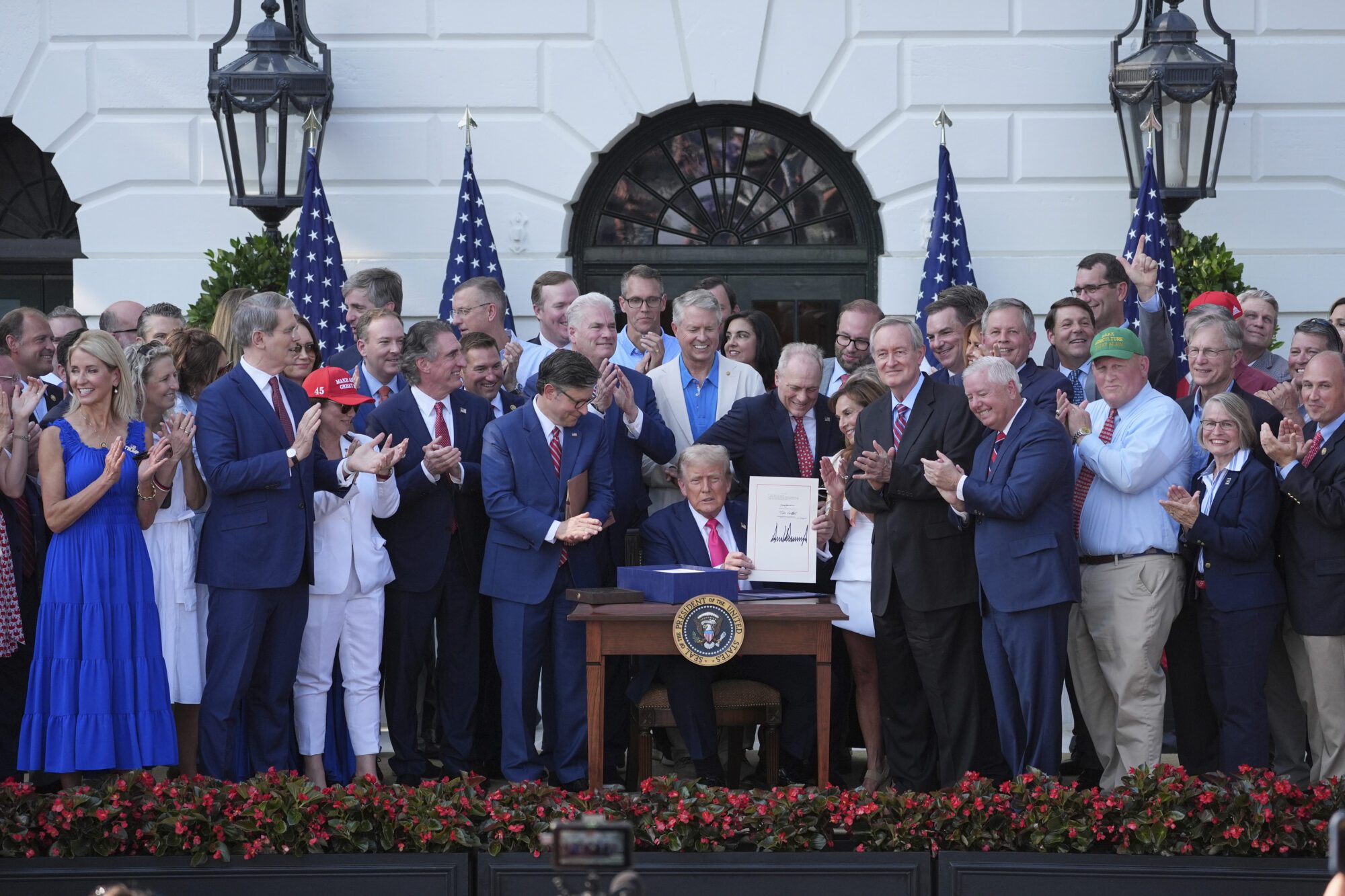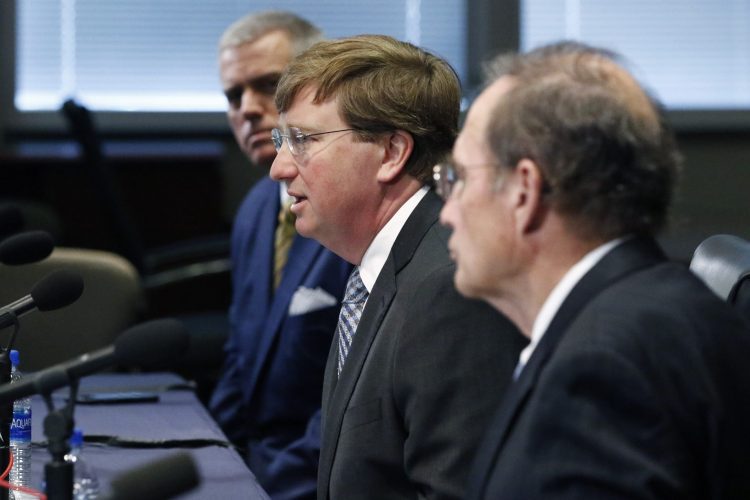
Mississippi’s Republican Congressmen not among 47 GOP lawmakers that joined Democrats to pass the bill. The state’s lone Democrat Congressman did vote for it.
The U.S. House of Representatives voted Tuesday on H.R. 8404 titled the “Respect for Marriage Act” aimed at codifying same sex marriage over Democrats’ fears that the U.S. Supreme Court could overturn its decision from the 2015 Obergefell v. Hodges case.
The bill passed the chamber by a vote of 267 to 157, with 47 Republicans supporting the legislation, which now heads to the U.S. Senate where its fate remains uncertain at this juncture as the upper chamber remains tied at 50 Democrats and 50 Republicans. The bill is likely to draw at least a handful of votes from Republican Senators if and when it is considered.
Mississippi’s Republican Congressmen Trent Kelly, Michael Guest and Steven Palazzo voted against the bill while the state’s lone Democrat Congressman Bennie Thompson, currently suffering from COVID-19, voted in favor of the legislation.
Congressman Palazzo said the bill was “unnecessary” while adding that the sole objective of Democrats was to delegitimize the United States Supreme Court with this legislation.

“Instead of working towards bipartisan legislation to help the American people through President Biden’s numerous and disastrous crises, Democrats in Congress are determined to continue pushing through redundant legislation for non-issues,” said Congressman Palazzo. “H.R. 8404 is a messaging bill put forth by my Democrat colleagues to distract the country from the problems that really matter like inflation, open borders, and rising violent crime. It’s time they get serious about their jobs here in Congress. All that to say, as a practicing and devout Christian, and unlike what this legislation alludes to, I am fully of the belief that marriage is a sacred bond between a man and a woman.”
Some Republican lawmakers who spoke on the floor shared Palazzo’s sentiments, arguing that the bill is nothing more than a political attempt to divide the country and force a vote on an issue that is largely settled law. Others argued that the issue should be left up to the states.
Democrats, however, repeatedly made the case for the bill under the guise of “marriage equality” while referring to Supreme Court Justice Clarence Thomas’ singular concurrence in the Dobbs v. Jackson Women’s Health Organization that overturned Roe v. Wade. The political left, including President Joe Biden, has used Thomas’ opinion about the way in which the Obergefell case was decided to stoke fears over possible legal action that could impact same sex marriage and contraceptives.
The White House released a statement as the debate raged in the House supporting the bill, saying, “The right to marriage confers vital legal protections, dignity, and full participation in our society. No person should face discrimination because of who they are or whom they love, and every married couple in the United States deserves the security of knowing that their marriage will be defended and respected.”
The 5-4 ruling by the U.S. Supreme Court in the Obergefell case forced all states to recognize same sex marriages using both the Due Process Clause and the Equal Protection Clause of the 14th Amendment to the U.S. Constitution as justification, even in the states where voters had chosen to maintain marriage between a man and a woman.
Tuesday’s bill filed by Congressman Jerry Nadler, a Democrat from New York, was rushed through the process using a House Resolution to advance this marriage bill along with a $405 billion appropriations bill and legislation to provide for a “Right to Contraception Act.” That resolution to advance these measures passed the chamber by a vote of 219-200, straight down party lines, with 11 Republicans not voting. Mississippi’s Congressmen voted with their respective party.
The marriage bill repeals the “Defense of Marriage Act,” which the U.S. Supreme Court ruled as unconstitutional with the Obergefell case.
The bill states that no person or U.S. state can deny the “full faith and credit to any public act, record, or judicial proceeding of any other State pertaining to a marriage between 2 individuals, on the basis of the sex, race, ethnicity, or national origin of those individuals.” It goes on to proclaim that no person or U.S. state can deny “a right or claim arising from such a marriage on the basis that such marriage would not be recognized under the law of that State on the basis of the sex, race, ethnicity, or national origin of those individuals.”
As for the legal definition of marriage recognition, the bill states:
“For the purposes of any Federal law, rule, or regulation in which marital status is a factor, an individual shall be considered married if that individual’s marriage is valid in the State where the marriage was entered into or, in the case of a marriage entered into outside any State, if the marriage is valid in the place where entered into and the marriage could have been entered into in a State.”











